Top 5 Cities for RevPar Growth in Home-Sharing
Although the pandemic has impacted short-term rentals, cities with remote tourist attractions recorded substantial revenue growth as of November, according to AirDNA data.
The coronavirus outbreak’s severe impacts on the travel industry forced the hospitality sector onto shaky ground. Demand for short-term rentals, just as for hotels, plummeted as shelter-in-place orders and travel restrictions were implemented in March. Earlier this year, CPE examined the changes in revenue per available room for Airbnb and Vrbo year-over-year through June, finding that most major tourism-driven U.S. cities experienced significant declines.
Using the same metric, this time year-over-year through November, we discovered that travelers gravitated toward smaller and more remote areas such as Swanton, Md., and Homewood, Calif., where the daily RevPAR for Airbnb and Vrbo increased by as much as 321.2 percent and 270.9 percent, respectively, according to AirDNA data.
For our ranking below, we looked at how RevPAR has changed year-over-year through November in cities with more than 250,000 residents, using AirDNA data. The list below highlights these cities, classified by the highest RevPAR growth.
5. Scottsdale, Ariz.
Thanks to limited regulations in place for short-term rentals in Arizona, businesses such as Airbnb and Vrbo have thrived. In 2016, Arizona signed a law that prevents cities across the state from restricting short-term rentals. In 2017, Arizona hosts earned a total of $94.9 million according to Bizjournals, while in 2019, Scottsdale ranked as the most profitable Airbnb destination in the country according to AirDNA data cited by Realtor.
Although there have been efforts to regulate short-term vacation rentals across the state, most of the initiatives have failed. Nonetheless, some restrictions were introduced in Scottsdale, such as limiting occupancy in short-term rentals to six adults and their children, and barring rentals from being used for special events.
To curb the spread of the virus, Airbnb has adopted a global ban on partying and introduced further restrictions for one-night reservations for holiday weekends such as Halloween and New Year’s Eve. Despite limitations and the pandemic-induced obstacles, the daily RevPAR in Scottsdale increased 39.9 percent year-over-year through November, from $131.73 to $183.69.
4. Corpus Christi, Texas
Corpus Christi’s tourism-oriented economy has felt the weight of the pandemic—the metro has lost some 15,600 positions, with the leisure and hospitality sector contracting by 21 percent in the 12 months ending in September. Overall, the unemployment rate stood at 9.9 percent in September, above the 7.9 percent national average.
In contrast with Scottsdale, Corpus Christi imposed more regulations on application-based short-term rentals. Last year in October, the city council decided to tax services such as Airbnb and Vrbo. According to city staff, the ordinance could bring as much as $720,000 a year, Corpus Christi Business News reported.
To prevent the spread of the virus, the city banned short-term rentals for the entire month of April, when daily RevPAR dropped to $73.24 from the $83.59 March level. Nonetheless, Corpus Christi remained a popular destination throughout the year, with daily RevPAR for both Airbnb and Vrbo increasing by 41.9 percent year-over-year through November.
3. Mesa, Ariz.
As the nation’s fastest-growing economy in 2019, Phoenix fared better compared to other large metros, although the health crisis has dampened its growth. The Valley’s tourism sector was not immune to the coronavirus outbreak. Phoenix lost a total of 79,100 positions in the 12 months ending in April, more than half of which were in tourism-related industries.
Amid the surge of COVID-19 cases, as many businesses were forced to close and operate on limited capacity, Arizona and Maricopa County urged residents to support local businesses and visit nearby attractions such as parks, trails, lakes and campsites. Thanks to its strong short-term rental market, Mesa was able to benefit from travelers looking for less crowded and more remote places to visit. The daily RevPAR for Airbnb and Vrbo increased by 47.5 percent year-over-year through November, from $78.58 to $115.94.
READ ALSO: Hospitality Brands Build Back With Customer-Centric Tech
2. Henderson, Nev.
Despite Las Vegas’ steadily diversifying economy in recent years, the leisure and hospitality industry is still leading growth under typical circumstances. While the tourism-related sectors were poised for further growth, the pandemic disrupted the metro’s steady development. The leisure and hospitality sector shrunk by 25.1 percent, or 73,900 positions, in the 12 months ending in September.
Although home-sharing is still illegal in most parts of Nevada, last year the city of Henderson passed a law to allow short-term rentals. The law, however, requires operators to follow certain rules including that hosts must own the property they are offering for rent, must have a short-term rental permit, must pay an $820 registration fee and require a minimum of two-night stays. Its proximity to Las Vegas and recreational and hiking trails make Henderson a great attraction for tourists—the daily RevPAR for both Airbnb and Vrbo saw an uptick of 56.5 percent to $161.82 year-over-year through November.
1. Colorado Springs, Colo.
Colorado Springs’ economy is mostly fueled by military installations and the high-tech industry, but tourism is also among the primary economic drivers. The leisure and hospitality sector represents 11.7 percent of total employment. In the 12 months ending in September, the metro lost some 5,900 positions in tourism-related industries, equal to a 14.6 percent decline. However, professional and business services, construction and trade, transportation and utilities registered job growth in September, with the sectors adding a total of 5,400 positions combined. The metro’s jobless rate hovered at 5.9 percent, below the national average rate.
In November 2019, the City Council of Colorado Springs reached a consensus on imposing new regulations on short-term rentals. Although there is no cap on the number of short-term rentals residents can operate, nonowner-occupied rentals face more regulations compared to owner-occupied properties. Nonowner-occupied rentals are not allowed in single-family residential areas or districts zoned for single-family development. Despite the new regulations and the pandemic-related uncertainties, the daily RevPAR increased by 58.8 percent year-over-year through November, from $77.45 to $122.96.

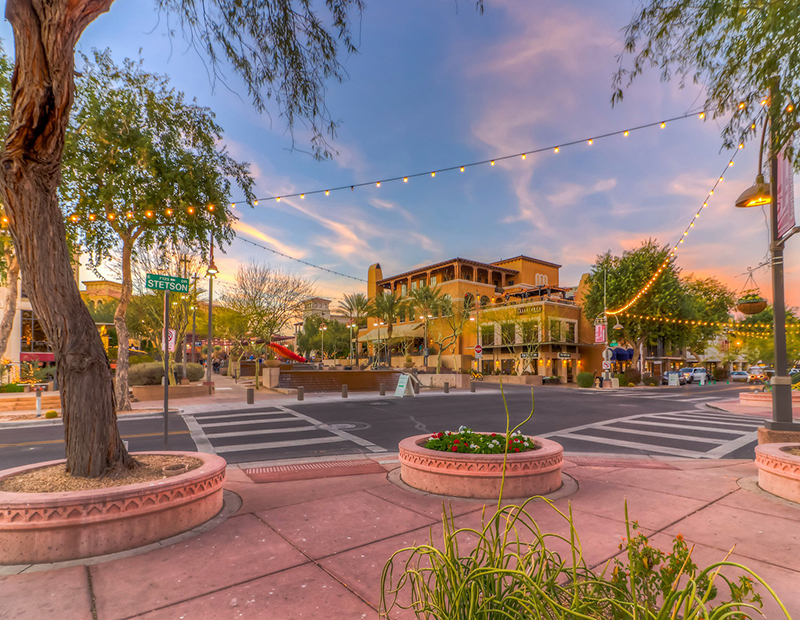
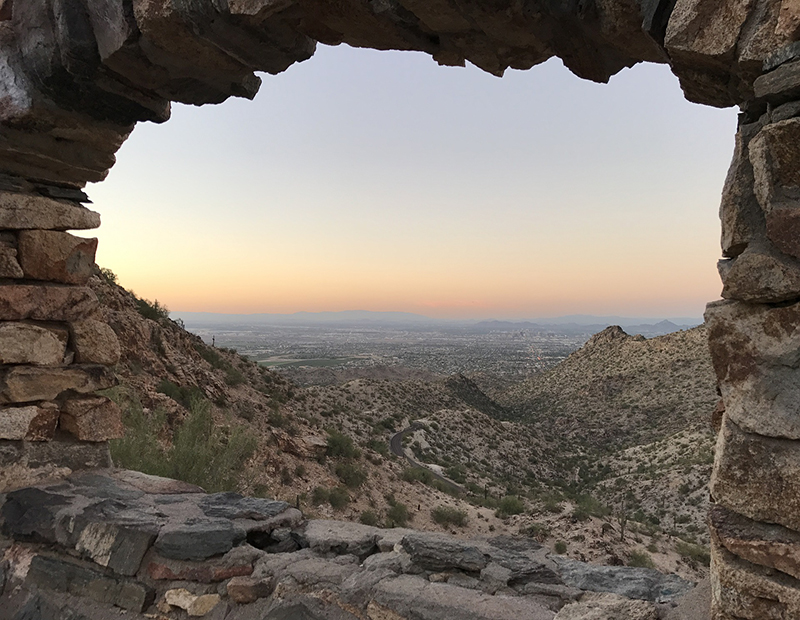
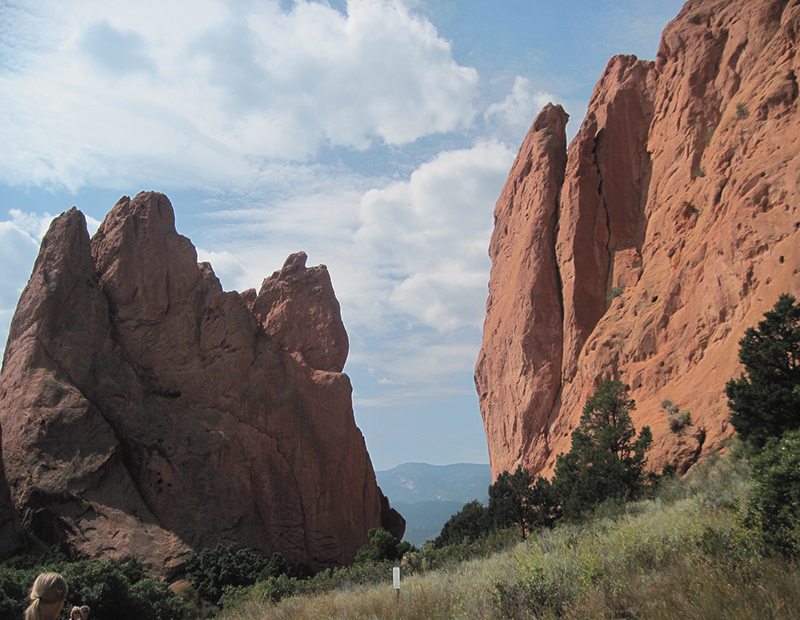
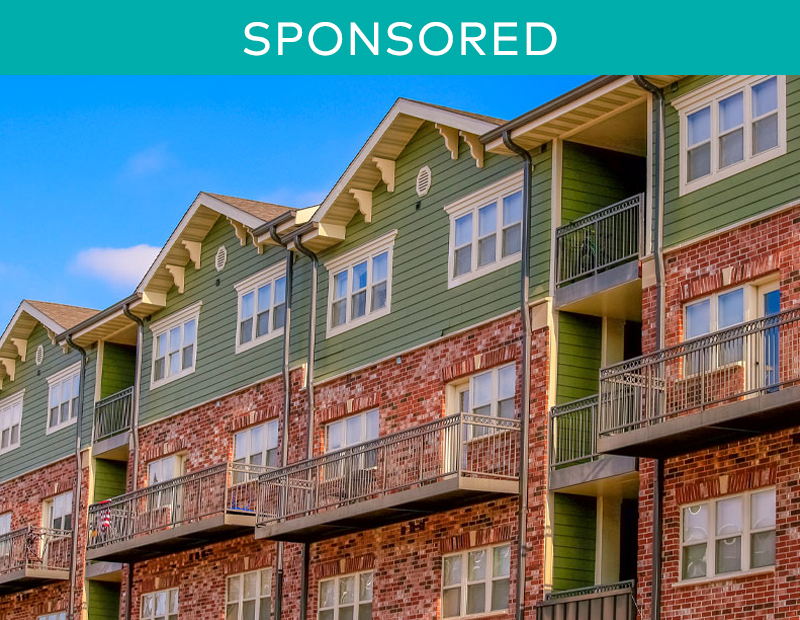
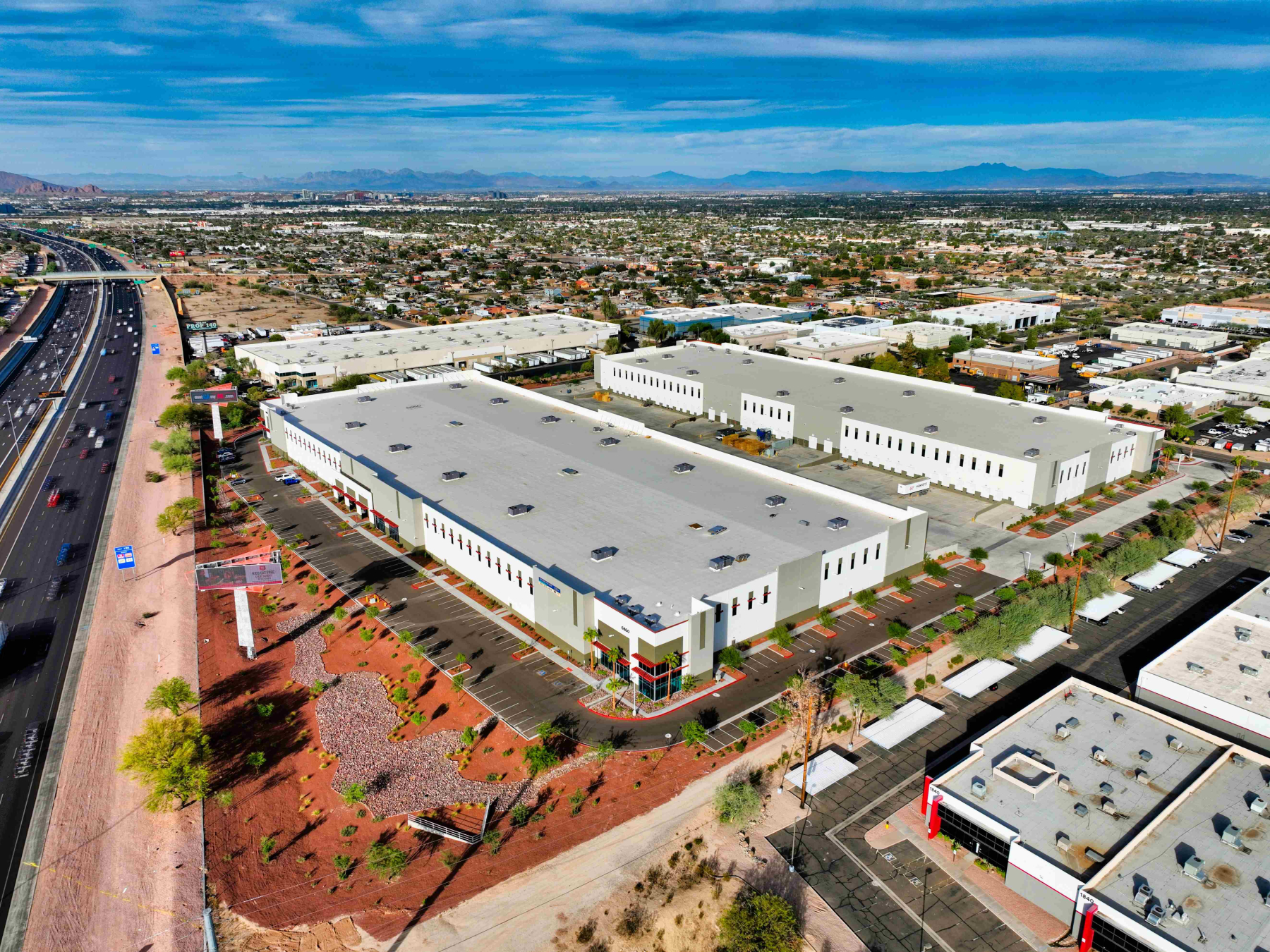
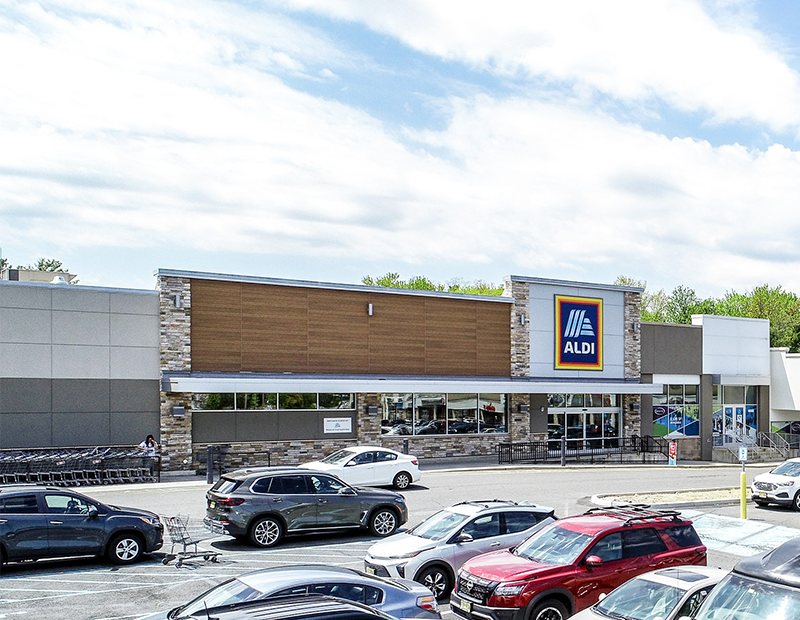
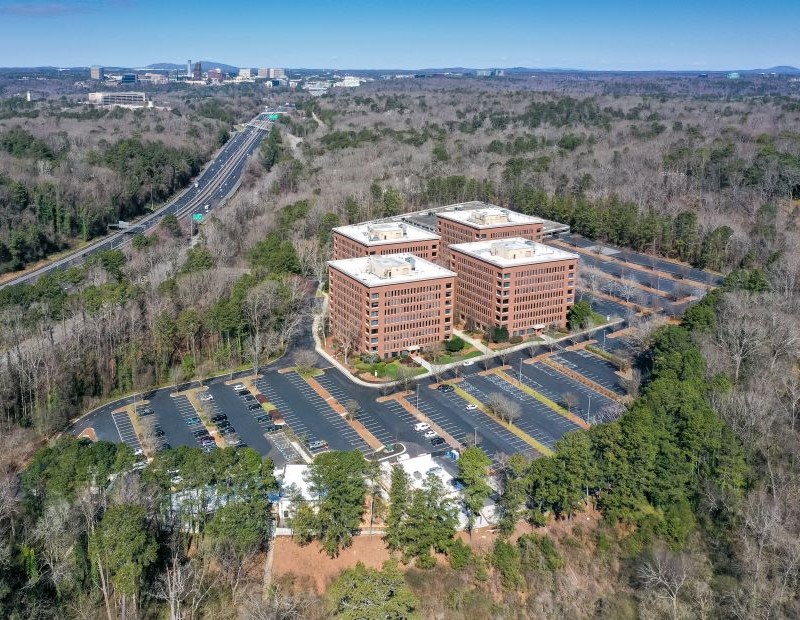
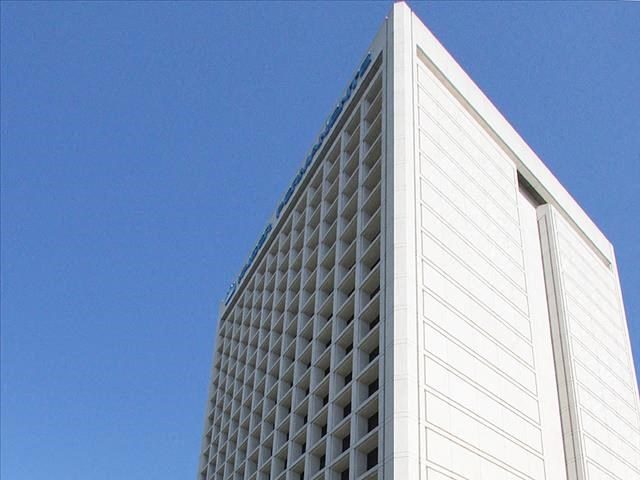
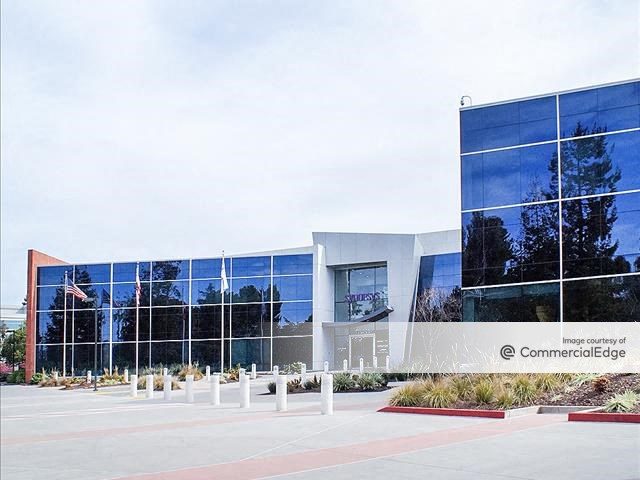
You must be logged in to post a comment.